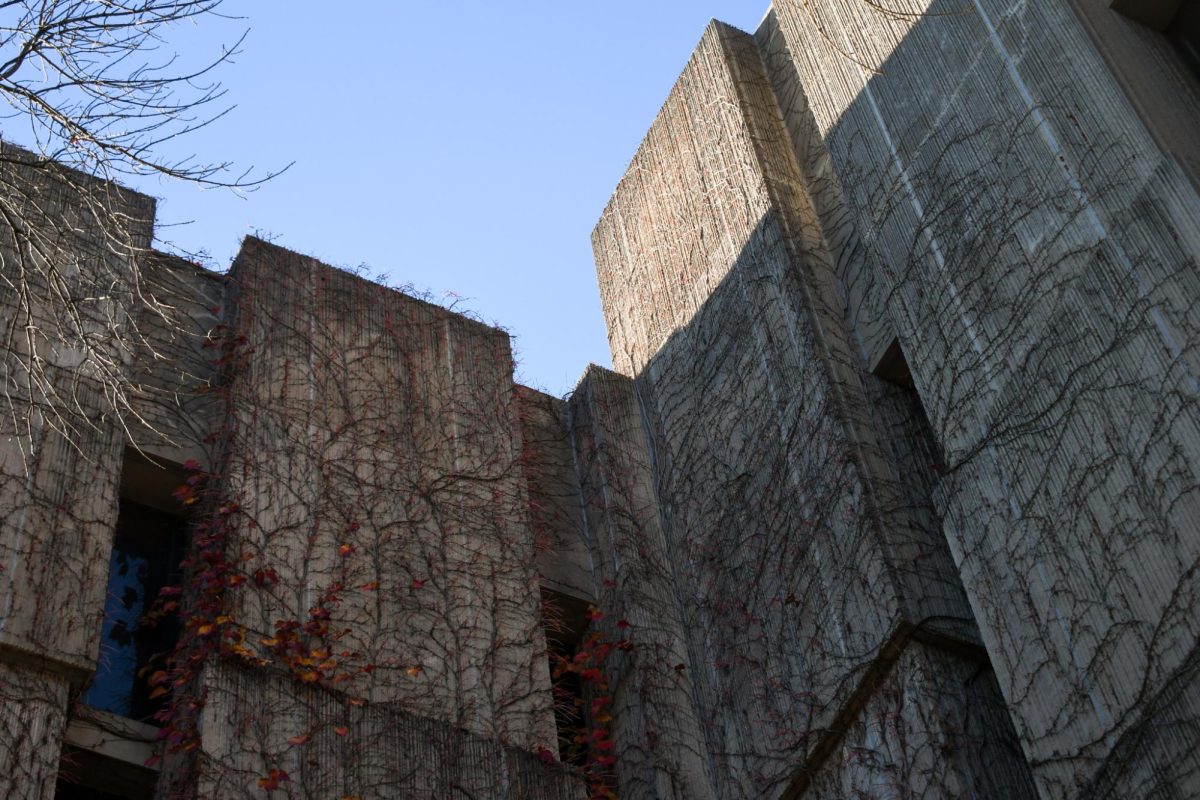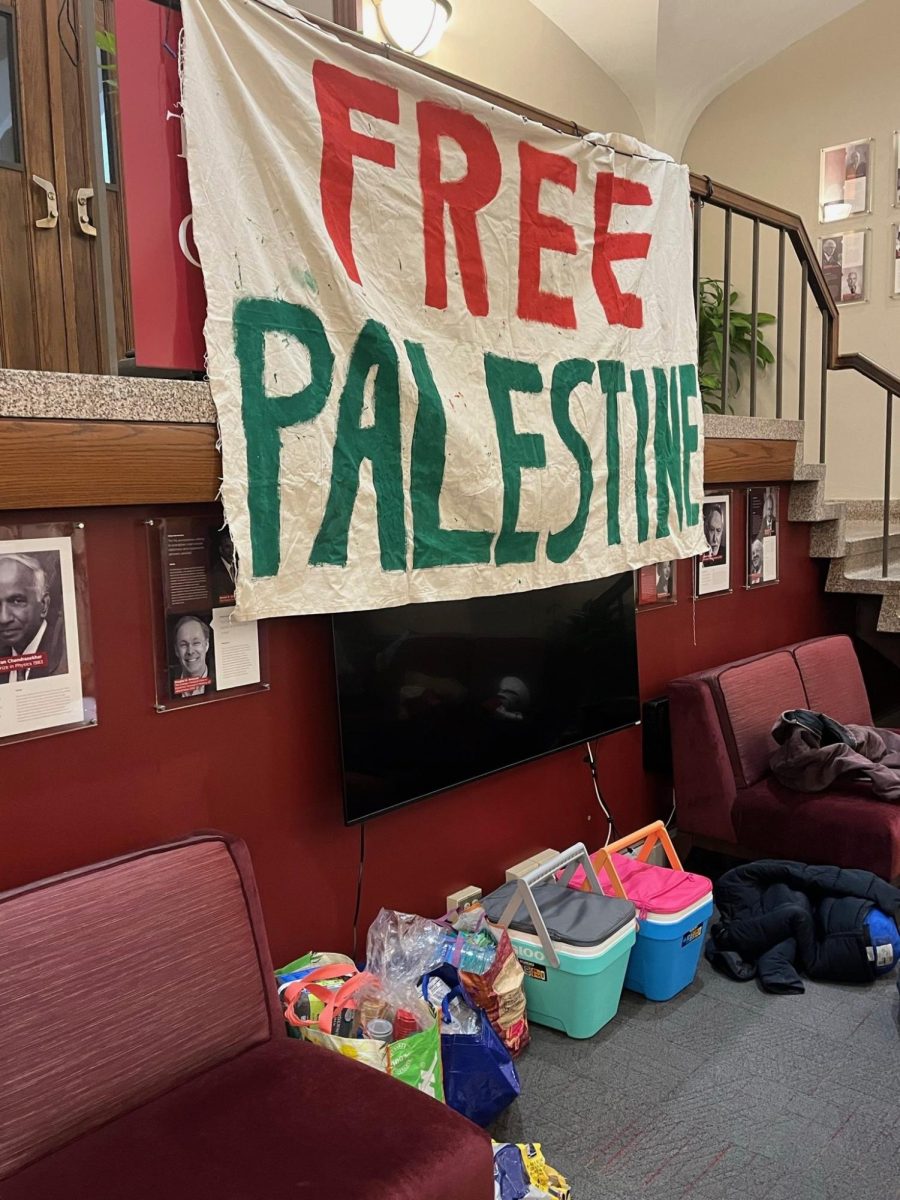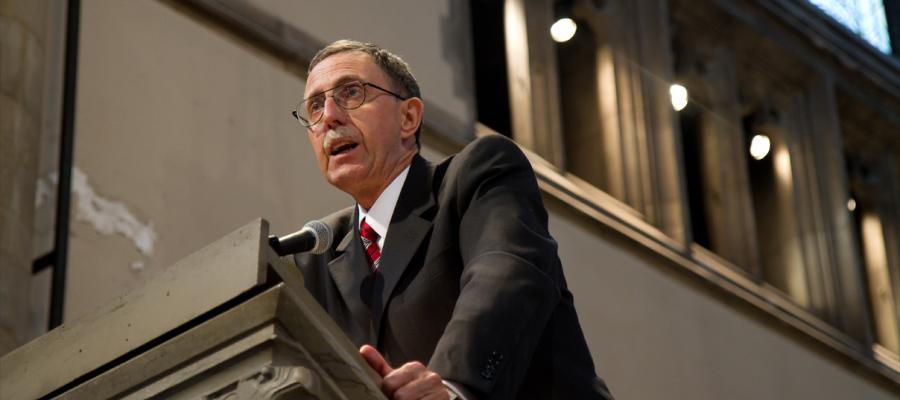Since announcing substantial changes to the Summer Links (SL) internship program several weeks ago, the University Community Service Center (UCSC) has come under fire yet again. Students have expressed concern that changes to SL programming, including the addition of for-profit and philanthropic internship sites, threaten to eliminate SL’s unique and transformative focus on social justice. As current UCSC program participants and leaders, we believe that providing internship opportunities within these sectors does not threaten the critical engagement and social justice framework that SL and other UCSC programs have successively fostered in the past. Incorporating a handful of these opportunities within the SL cohort would provide unique insight into the ways in which powerful institutions can perpetuate or work to eradicate inequalities.
It is undeniable that businesses and philanthropies are powerful players when it comes to both the perpetuation of social inequality and the promotion of equal opportunity and fairness. Businesses determine wages, benefits, and working conditions for employees across the globe, and play an integral role in both community vitality and systemic inequality. Philanthropies provide billions of dollars annually to make the work of nonprofits and other social initiatives possible. There is much to critique in the relationship between these sectors. It is exactly this critique that makes internships with for-profit institutions appropriate for a program such as SL.
As Michael McCown described in his Viewpoints op-ed (“Cash Rules Everything Around Me,” 1/14/14), SL in the past has asked program participants to “maintain a critical eye toward the relationship between money, power, and social inequality.” However, instead of suggesting that the inclusion of for-profit internships would dismantle this critical engagement, we believe that introducing internships in these sectors would force students to more closely examine the relationship between money and power. It is a discredit to UChicago students and the critical thinking skills we value to suggest that participants would be unable to maintain a critical eye if for-profit internship sites were included. In reality, including internships with corporations and philanthropic foundations simply offers another perspective from which to examine social justice.
In our experience as participants and leaders within two UCSC programs, we have learned the value and necessity of broad, cross-sector partnerships in the pursuit of social equality. As MAPSCorps interns throughout the past year, we worked within a partnership that included the University of Chicago Medical Center, small community organizations, and local businesses to support a program that promotes the health and vitality of individuals and communities on the South Side. As Group Leaders and later Program Coordinators for the social justice pre-orientation program Chicago Bound, we introduced first-year students to a variety of perspectives on social justice by exposing them to the work of government agencies, small community organizations, local businesses such as B’Gabs Goodies, and large philanthropies such as United Way. By providing students with these cross-sector experiences, we learned that people in a variety of fields and professions care about their communities and are committed to addressing inequalities.
We agree that social justice is fundamentally about achieving fairness and that programs with a social justice focus should provide students with opportunities to think critically about inequalities and the ways in which they can contribute to solutions. However, our experiences with UCSC programs have shown us that for-profit and philanthropic sectors are key players in achieving social justice, and that it is not productive to exclude these sectors from the conversations about how to effect social change. Professionals and people from all sectors and backgrounds bring different, equally valuable skills and resources to the pursuit of social justice. A more inclusive view of social justice, a view we see the UCSC encouraging in its programs, welcomes contributions from all sectors and encourages everyone to work toward solutions, whether from a nonprofit, a hospital, a law firm, or a corporate social responsibility office.
While it is clear that UCSC should incorporate more student input into its decision-making processes and increase transparency, it is also clear that the UCSC remains true to its commitment to social justice and fostering an understanding of service and civic engagement in the student body. The for-profit and philanthropic sectors are key players in the realm of social justice, and providing opportunities for students to critically engage with them certainly falls within UCSC’s mission of supporting students in becoming productive, thoughtful citizens and effective, inspiring leaders in their communities.
—Amelia Hansen and Emma Gonzalez Roberts, Class of 2014







